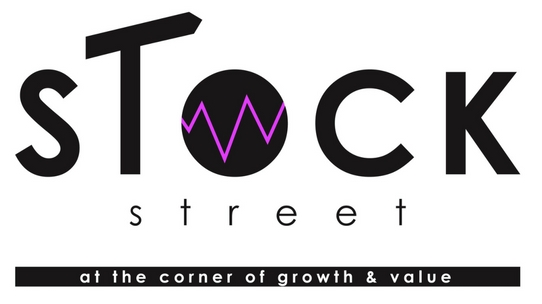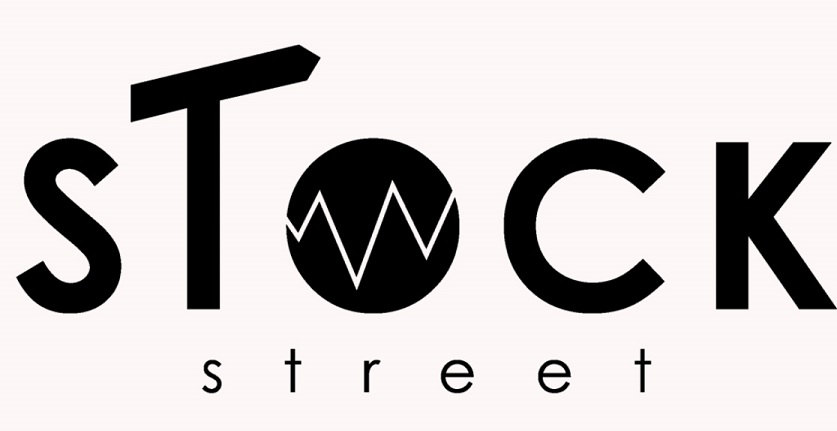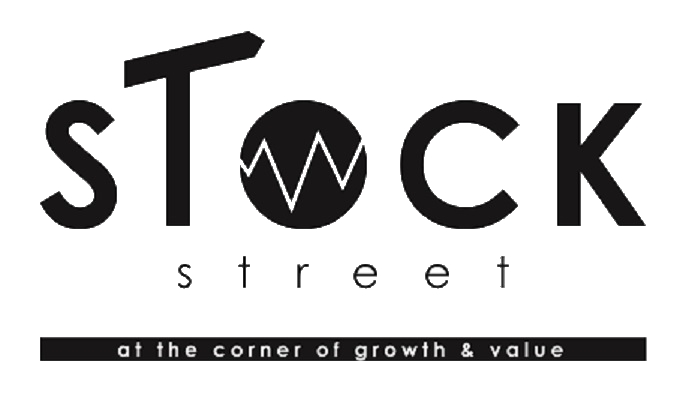Some people are crazy about investing in municipal bonds. Can you blame them? The tax efficiency really is appealing to a lot of people and, over time, they have been a steady place to invest money.
Those of you who read this blog know I am more of a fan of investing in stocks when you are younger. But, for those of you who are older, municipal bonds can be an appealing way to go.
Here are a few facts about investing in municipal bonds you may want to know; even if you are a dummy 🙂
What are Municipal Bonds?
Municipal bonds are bonds that are issued by state and local governments for certain projects. For example, your town may need to build a bridge. Of course, your town likely doesn’t have millions of dollars sitting in their coffers so they need to find a way to fund the construction. They can issue bonds to the public in order to raise money to build the bridge.
Since you are investing in municipal bonds, you, in turn, can purchase the bonds from your municipality and they will pay you interest for a certain term. It is a mutually beneficial relationship: you take part in investing in municipal bonds, and state and local municipalities are able to raise money for projects.
Here is a video I made describing how bonds work if you would like a little tutorial on the differences between municipal, corporate and government bonds:
Here is the blog post if you prefer to read: How Bonds Work; What Are Bonds? James Bonds
Investing in Municipal Bonds and their Tax Free Goodness
A huge advantage investing in municipal bonds has over corporate and government bonds is their taxation. When a corporate or government bond pays interest, that interest is taxed if it is outside something like an IRA or qualified plan. When it comes to investing in municipal bonds, there is no tax paid on the interest of the bond (some people subject to alternative minimum tax will still pay tax).
This makes municipal bonds a very adequate option, especially for those people who are in higher income tax brackets.
For example, if you are in the 25% income tax bracket and you own a corporate bond which pays you $1,000 in interest per year, you will pay $250 in taxes (assuming you own it outside a qualified plan such as an IRA).
If you own a municipal bond which pays you $1,000 in interest per year, you will pay no taxes on that interest. So you will keep your $1,000.
Just remember if you sell the bond and make a profit, you WILL have to pay taxes on the profit.
Municipal Bond Funds or Individual Bonds?
Individual Bond Purchase
There are two ways invest in municipal bonds. You can purchase a single bond. For example, I just looked up a City of Los Angeles Department of Water and Power: Power System Revenue Bond. It yields 3.15% and matures in 2032. You could purchase a bond like this individually, and hold the bond to maturity. Or, you can purchase the bond and sell the bond at some point along the way as well. The interest will be free of tax.
Bond Fund Purchase
You may decide against going out and purchasing an individual bond. Instead, you may feel more comfortable with a diversified fund of different bonds. For example, you can purchase a fund like the OppenheimerFunds Rochester Funds Municipals RMUNX . This fund goes out and invests in many different municipal bonds (currently 769 bonds) and manages a portfolio that is highly diversified. This particular fund is invested mainly in bonds from New York, and the bonds range from state and local general obligation bonds, to education bonds and tobacco bonds.
You may sell out of your bond fund whenever you wish, or keep your money in the bond fund long-term. Bond funds do have a cost to them so you will pay fees for having your money in a bond fund.
There are many municipal bonds funds out there. If you wish to only invest in a certain state, there are even bond funds which are state specific. If you are more comfortable investing in a state that does a great job managing it’s finances, you can do that using a state specific municipal bond fund.
You may decide to invest in municipal bonds. If you do, you will decide whether you wish to own individual bonds and hold them to maturity. Or, whether you prefer to invest in a municipal bond fund and pay the fees associated with that fund. Many people like municipal bonds thanks their tax-free income, and own them outside their IRA and qualified accounts.
Investing in municipal bonds and/or municipal bond funds can be used as a piece of a portfolio for tax efficiency and a viable, less risky, asset class. You really can be a dummy and still understand them.
Thanks for reading and don’t forget to checkout my portfolio page here: My Stock Portfolio
I almost forgot to mention, I love using GuruFocus for my research when it comes to stocks!
GuruFocus.
This post contains affiliate links. Read my disclaimer on affiliate links.














